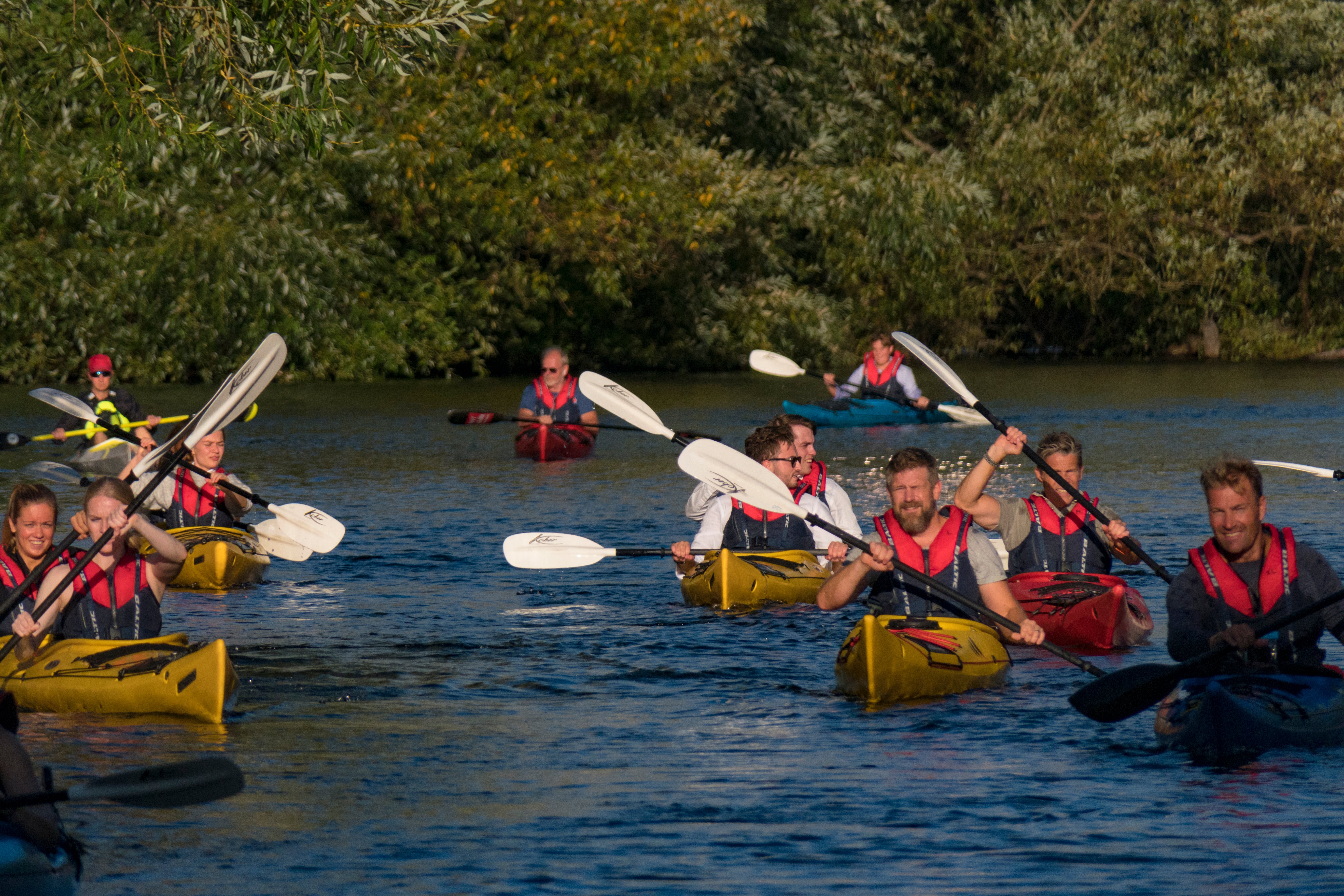
Canoeists and kayakers have called for clearer access on rights to rivers and canals, as they face verbal and physical abuse for using the water.
Pete Astles, founder of charity PaddlePeak, claims he and other kayakers were harassed by people waiting in the bushes while his team were out cleaning a river. Other complaints include stone throwing, shouting and tyres being let down on paddlers.
Mr Astles and a team of helpers were cleaning the River Derwent in Derbyshire when they were confronted by people in bushes at the waterside.
“People try to intimidate you, they try to say you’re trespassing, you’re breaking the law. They put signs up saying ‘no canoes and kayaks’ and it’s all there to put you off going,” Mr Astles told the BBC.
According to governing body British Canoeing, less than four per cent of England’s rivers are legally open to the public and it is unclear if the other 96% could be used.

The body launched its ‘Clear Access, Clear Waters’ campaign in 2018 to lobby the government for sustainable and fair open access to waters in England and Wales.
British Canoeing is now making a fresh plea to the government to provide clarity in waterway access laws.
Speaking to the BBC, British Canoeing spokesperson Ben Seal said that complicated access rules and landowners can make using the local waters very difficult for the public.
He added that a common form of abuse was “people being approached aggressively” and that the ClearAccess campaign was about “changing the law so this isn’t a problem anymore”.
A spokesman from the Department for Environment, Food and Rural Affairs (Defra) said its policy continued to be to encourage voluntary agreements between landowners and those wishing to use the water and ministers did not have responsibility for inland waterways.







